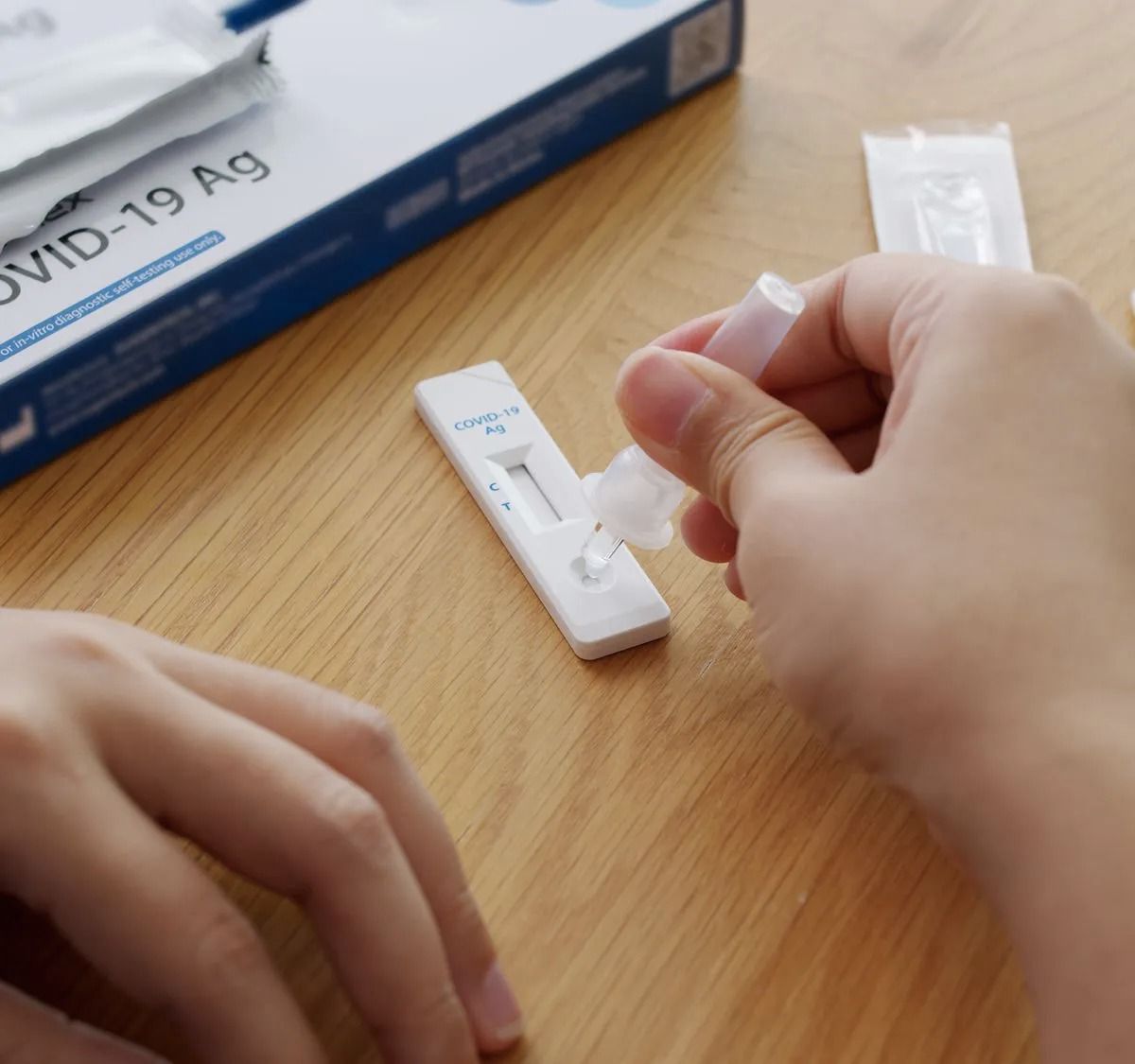
Self-testing: SBMT emphasizes that ensuring access to testing is the most important
.
01/01/2022 The National Health Surveillance Agency (Anvisa) postponed the discussion to define whether to release the use of Covid-19 self-tests in Brazil. The decision was taken on Wednesday, January 19th. On January 13 the Ministry of Health asked Anvisa to authorize the test. The deadline for a new analysis must be up to 15 days, during which time steps will be taken with the Ministry of Health to request more information on the establishment of a public policy for the use of self-tests.
The National Health Surveillance Agency (Anvisa) postponed the discussion to define whether to release the use of Covid-19 self-tests in Brazil. The decision was taken on Wednesday, January 19th. On January 13 the Ministry of Health asked Anvisa to authorize the test. The deadline for a new analysis must be up to 15 days, during which time steps will be taken with the Ministry of Health to request more information on the establishment of a public policy for the use of self-tests.
The Brazilian Society of Tropical Medicine (SBMT) emphasizes the importance of self-testing as a public health strategy and potentially useful tool in epidemics in which mass testing is desired to monitor the epidemiological situation. This would make it possible to direct efforts to contain, prevent and interrupt the transmission chain in the national territory. Available in the United States, Canada and the United Kingdom, self-tests, sold in pharmacies or distributed by the public health system, have been made available to the population. Countries like England, the United States and France are already using this testing model on a large scale.
For the SBMT, releasing self-tests must be subject to public health policies, such as distribution and registration as a complementary measure for screening and isolation of people infected with the new coronavirus. The SBMT reinforces that self-tests should serve as a public health instrument, to contain the spread of the virus, and not just as a diagnostic tool. In addition, data transparency is required, that is, the Ministry of Health must develop a monitoring system for the population to report the results to the health authorities. For the SBMT, the Unified Health System (SUS) must incorporate the acquisition and distribution of self-tests to states and municipalities, ensuring that they are made available free of charge to the population and only to symptomatic patients in order to avoid elitist diagnosis, since if it is sold, only people with higher purchasing power will have access. While understanding the exceptional situation, the most important thing would be to guarantee universal access.
The SBMT understands that offering self-tests will allow more agility in identifying cases and adopting measures, especially isolation to contain the virus. In addition, they can avoid overloads on the healthcare system, which are far beyond their ability to provide care. It is worth mentioning that, although necessary, public health policies that seek greater universal care for the population and strategies for their facilitation and dissemination must be subject to rules oriented towards ensuring safety. Finally, the use of self-tests is one of many risk-reducing measures, such as vaccination, mask use, and social distancing.
The Brazilian Chamber of Laboratory Diagnosis (CBDL) suggests that self-tests be sold at a lower price than those from pharmacies and laboratories, which range from R$40 to R$70 [approximately USD 7.30 to USD 12.80]. Its regulation depends on additional information from the Ministry of Health, which should better clarify the conditions of the future public policy that will allow the use of tests by lay users. However, if approved, the product will not be available in pharmacies, as manufacturers will still need to request registration from Anvisa, and only then will they be authorized for sale.










